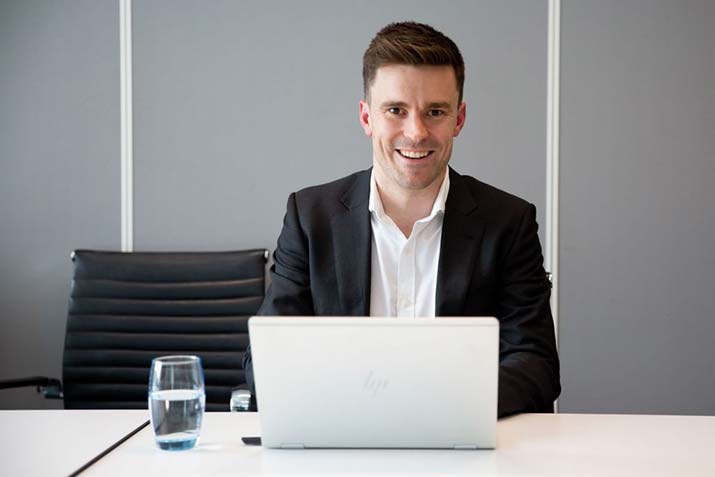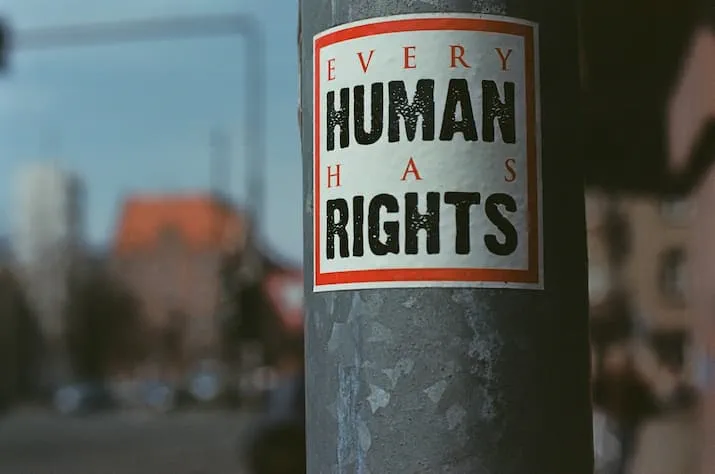Accounting – It's the language of business
While most of us know what accounting is, there's more to the day-to-day role of an accountant than meets the eye. Hear Tom's story.
Despite the common perception, accounting is more than just crunching numbers. Half of what any accountant will do involves written and verbal communication – interpreting what is going right and wrong and explaining exactly what the numbers mean to stakeholders.
When you’ve got an accounting degree, the door is open to practically any industry. You’ve got the choice of different types of organisations, such as government, accounting firms, large-scale corporations or small businesses, with the opportunity to fulfil any role from accounts payable to Chief Financial Officer (CFO).
With such flexibility of employment, you’re free to choose a workplace that aligns with who you are, and what excites you.
Tom’s career in accounting
Tom Peskett works as a senior accountant for Prime Accounting and Business Advisory, and was kind enough to spare some time to chat about a career in accounting. “Before I got into the industry, I thought it was just a lot of numbers and data crunching,” recalls Tom, “but I realise it’s more about being an advisor to your client, being able to explain information to them, and being able to manage their expectations.”

Day to day, Tom is speaking to clients about their business, about tax compliance such as tax returns and financial statements, and helping them plan their financial future. As legislation is always changing, Tom is continually learning – change is all part of the job, and a successful accountant will embrace that.
The qualifications that helped Tom gain his role were a bachelor’s degree in business, a master’s degree in accounting, and a Chartered Accountants qualification. Graduates of course need good technical skills, but what’s also important is the soft skills, which will help them develop relationships with their clients, and communicate well in general in both a written and verbal manner. Accounting does require commitment to study, but the reward is a stable role within any number of different industries – take your pick.
What to expect from an accounting degree
A general accounting degree will provide a foundation of knowledge, which can then lead to specialised study in such areas as auditing, tax accounting, management accounting, or forensic accounting.
The staff that convene University of South Australia’s Bachelor of Accounting, on offer through Open Universities Australia (OUA), graciously talked us through the course content. “When you study accounting you will learn basic business functions, day to day transactions, understanding statements and the bottom line,” says Heather Prider, coordinator for ACG11 Accounting for Business.
Students will discover how accounting is used in business decision-making processes, and learn about debits, credits, journal entries, and ledger – all the elements that build basic statements. They’ll also come to understand what’s involved in analysing statements (income statements, cash flow statements, balance sheets etc.) and how to examine and utilise the data to make better business decisions.
In terms of degree structure – core subjects delve into economics, statistics, business law, management concepts, marketing, tax law, and auditing practice. Elective subjects will help you understand accounting in a broader context, through the study of topics like international business, human resources, and business ethics.
Study online through OUA
If you’ve got a busy lifestyle with many in-person commitments, why not study an accounting degree online? Through Open Universities Australia, you’ll study the same coursework as an on-campus student, and graduate with the same degree. If you don’t have an extensive academic history, you’re still able to enter a degree by first competing pre-requisite subjects (which count towards your degree, so no time wasted.) With plenty of help available from both your university tutors and OUA student advisors, there’s no need to feel isolated or anxious – we’ve got your back.
Accounting degrees on offer:
Bachelor of Accounting – University of South Australia
Bachelor of Commerce (Accounting) – University of South Australia
Bachelor of Commerce (Accounting) –Curtin University
Master of Professional Accounting – University of Tasmania
Master of Professional Accounting – RMIT University
Accounting single subjects:
Many of the subjects included in our accounting degrees can also be studied in isolation as single subjects. This is a great way to brush up on your knowledge without making a big commitment. A number of these subjects have no pre-requisites, so you can start studying no matter your academic history. Be sure to check out the information on the webpage of each subject for specific entry details.
Browse thousands of courses from leading Australian universities.
Or complete the form on this page to chat to an advisor about study options.



